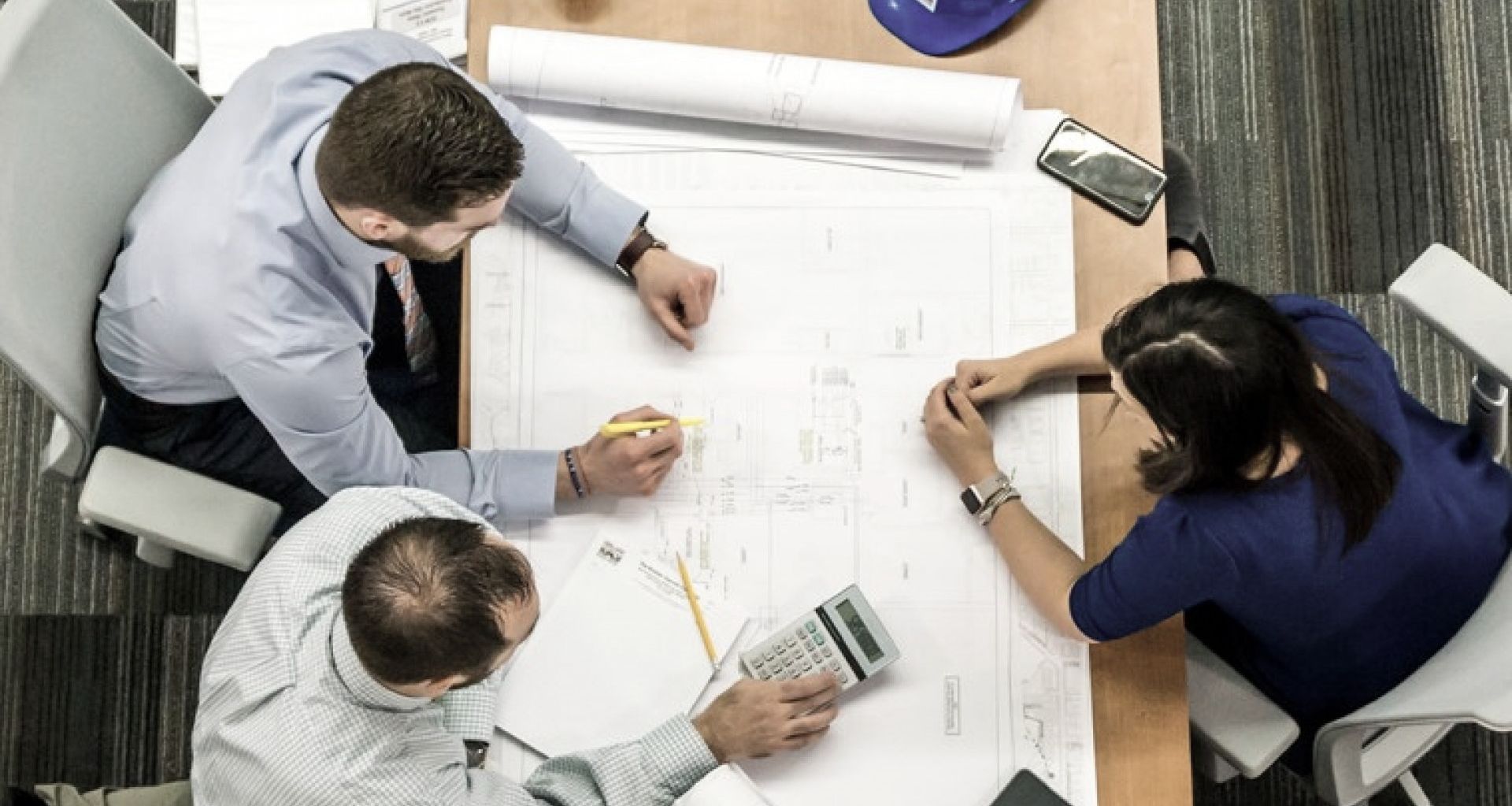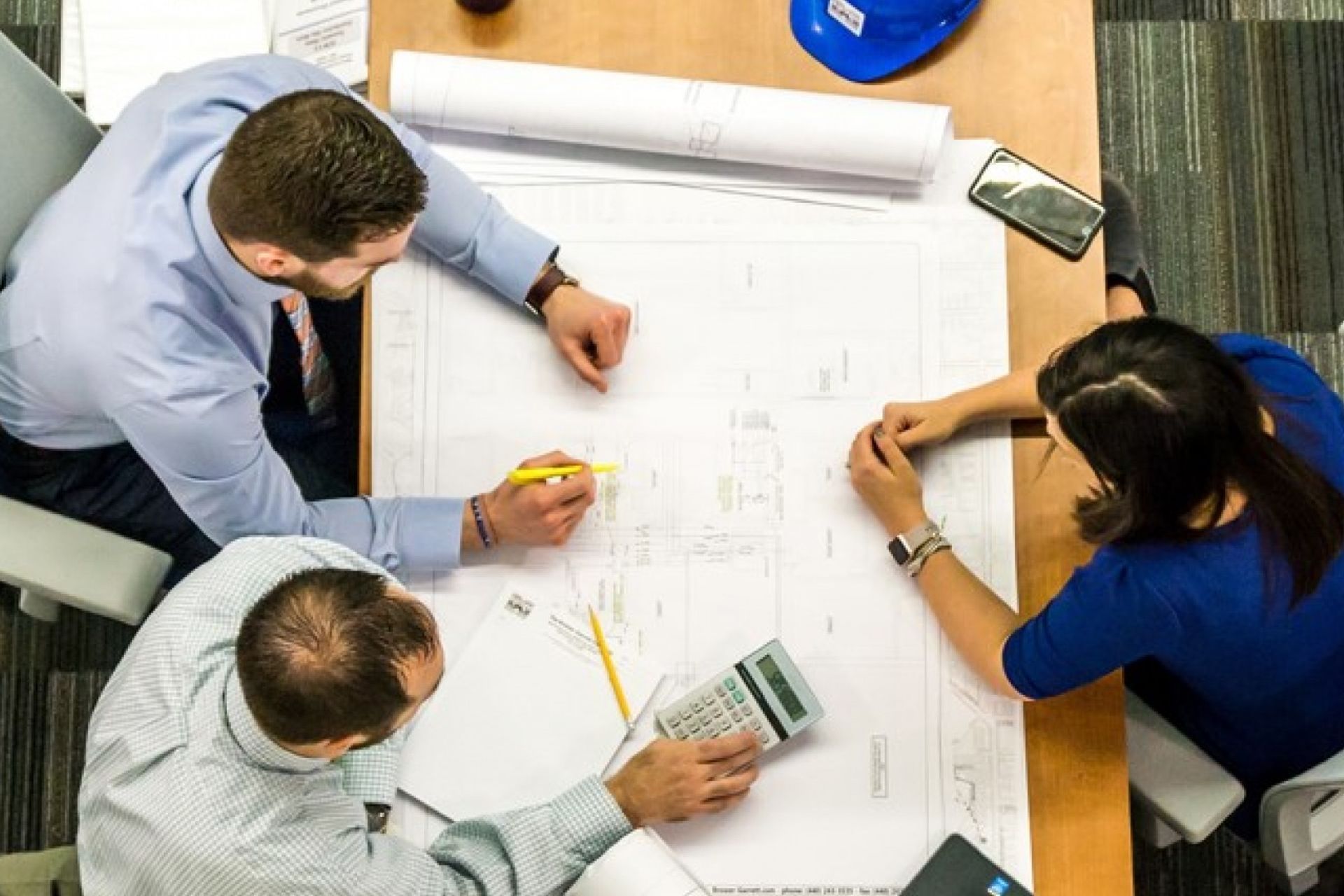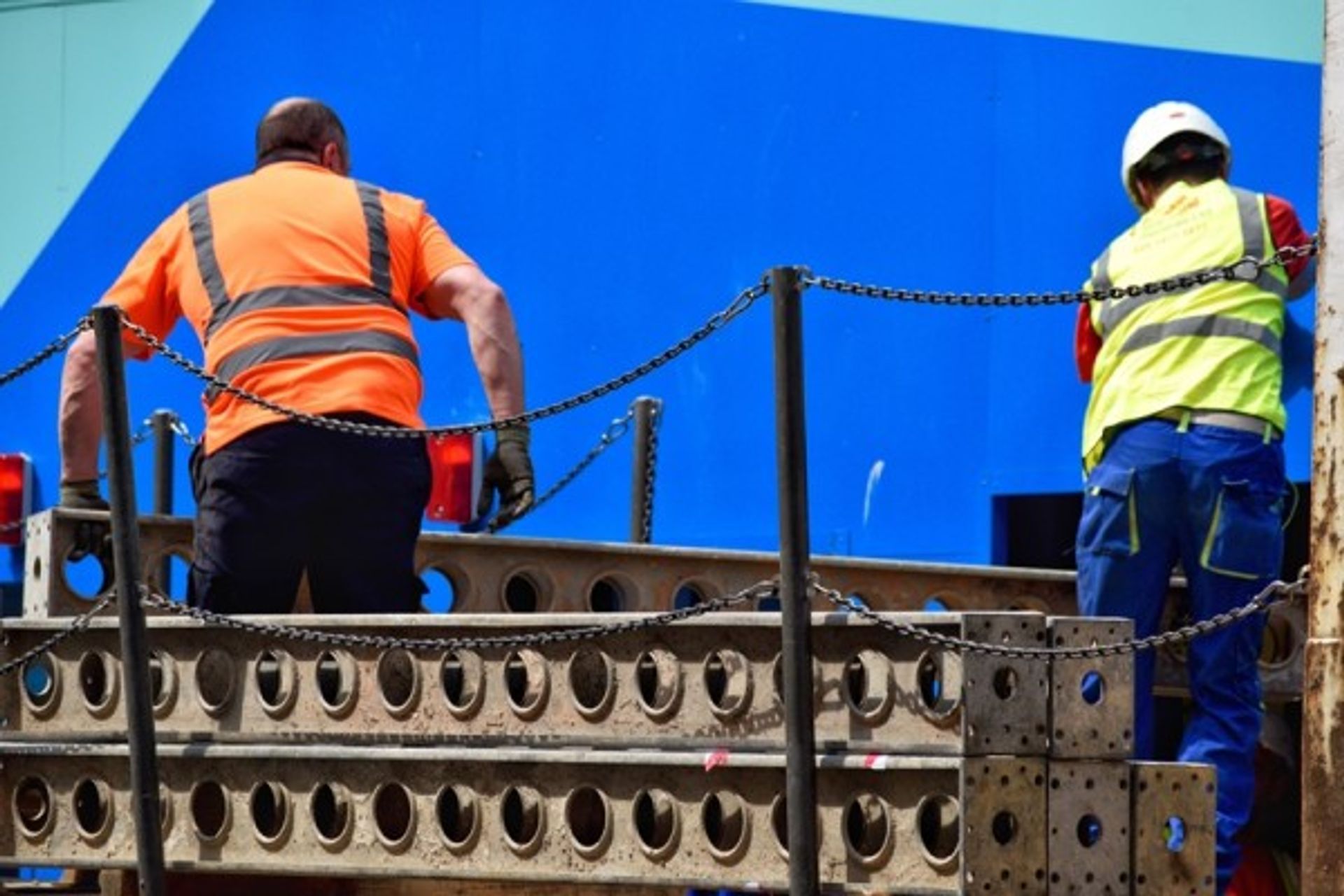3 tips to foster good relationships in NZ construction


Maintaining good relationships in the New Zealand construction industry is vital. When you create a strong rapport with both clients and other project stakeholders, it results in better outcomes for everyone involved. In addition, it increases the chances you'll build lasting contacts and gain excellent referrals that'll increase your business.
As an architect, you work with a wide range of stakeholders and need to meet differing - and often changing - expectations. Here are some tips for how architects can build good client relationships with contractors and clients.

Maintaining positive relationships is vital to all construction projects.
1. Produce quality, timely work
One surefire way to create lasting relationships with clients is to produce outstanding work for them and deliver it in a timely manner. Establishing yourself and your team as professionals who consistently deliver impeccable work is key to gaining their respect, and positions you as an industry leader.
It's important to maintain a channel of open communication.
Choose contractors with a track record of producing quality work, as well as suppliers who produce high-performing products that comply with necessary construction standards and exceed your client's expectations.
2. Use technology to simplify collaboration
To build good relationships in the New Zealand construction industry, you don't only need to produce excellent work on time - you'll also need to ensure that communication between all members of your project team is stellar. You can use project management software specifically designed for the construction industry by companies such as Corecon or Buildinsite to achieve this quickly and efficiently. Rather than needing to communicate the same message separately to everyone on your team, you can use technology to collaborate seamlessly.
When you work with Altus Window Systems, we make CAD resources and Masterspec docs easily accessible to you through our website. These resources make it easy for everyone on your team to collaborate instantly - even when they're located all over New Zealand.
Engage the expertise of your suppliers early on.
3. Adopt a holistic approach
It's important to maintain a channel of open communication and keep your client regularly informed as to what's going on so that you establish trust and transparency. Bear in mind, though, that you shouldn't only be focusing on communicating with the client, but with other stakeholders as well.
A successful outcome is dependent upon the right materials being used for the project to ensure optimal performance. This requires everyone being aware right from the get-go what the building is going to be used for and what the client expects. Engage the expertise of your suppliers early on to ensure you're getting products and materials best suited to the requirements of the project. There's nothing worse than getting halfway through a project and realising that the thermal performance of the windows your supplier has provided won't quite meet the requirements of the brief, and informing the client they'll need to bump up their budget to get the right products that will do the job.
When you use digital technology to your advantage, everyone will be on the same page.
Have in-depth discussions with your client, builders and suppliers before beginning the project about what you're looking to achieve in terms of building performance - moisture levels, wind protection, heating and cooling, and so on - and you'll all be on the same page.
If your suppliers know exactly what the expectations are, they can suggest options that will best suit the project goals.
If your suppliers know exactly what the expectations are, they can suggest options that will best suit the project goals. For example, if your client has briefed you with constructing a passive residential home, passing this information on to your supplier before beginning the project means they can recommend products that provide minimal air leakage.
This is all part of a holistic approach to managing construction projects. Involving everyone from the early stages minimises the amount of changes to budget and materials during the project and will ultimately result in a more successful outcome.

